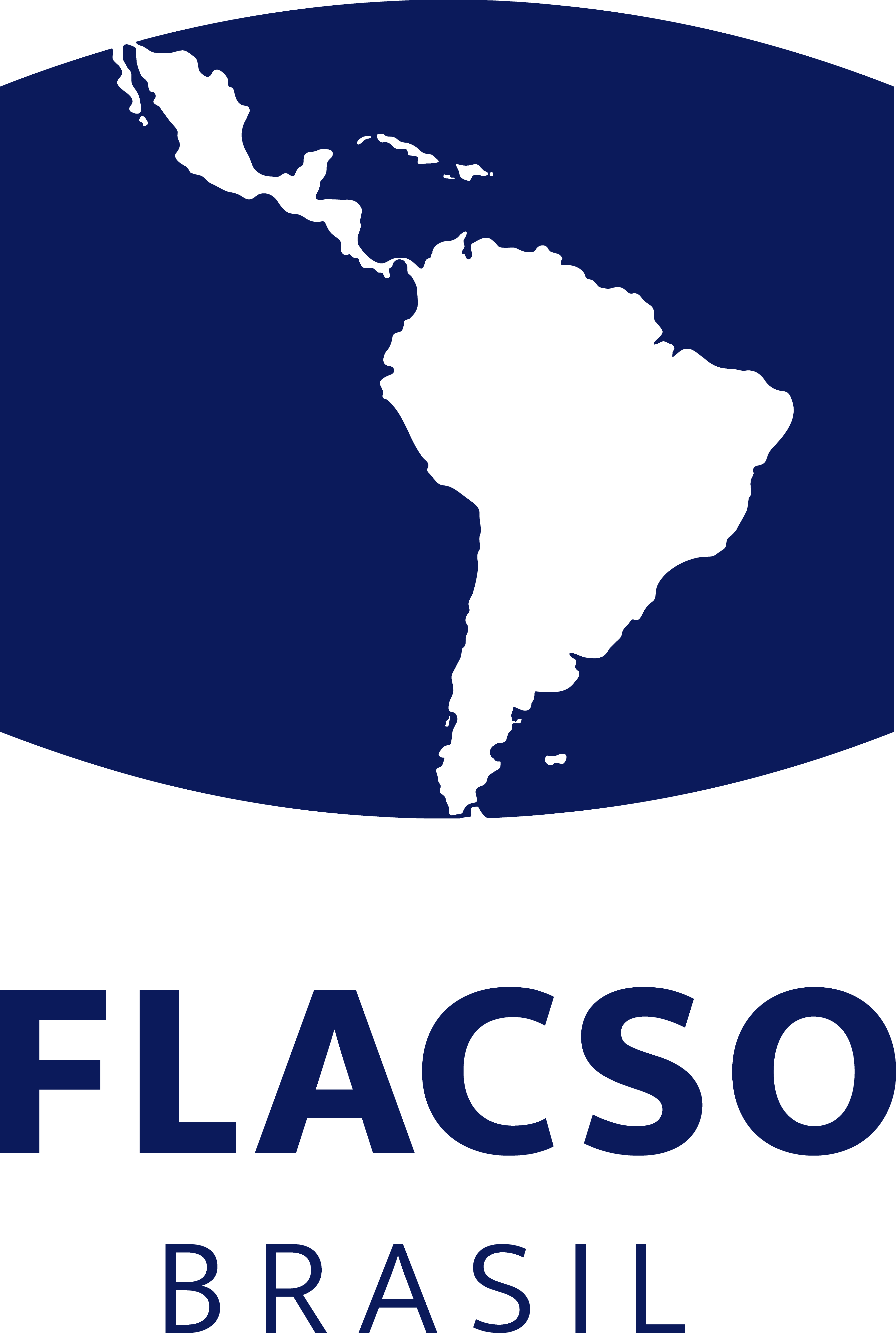Por Marina Baldoni Amaral
O III Congresso Latino-Americano e Caribenho de Ciências Sociais vai acontecer entre os dias 26 e 28 de agosto na sede acadêmica da Flacso Equador, voltado para estudantes, pesquisadores e acadêmicos com a proposta de reunir as principais e mais recentes reflexões sobre a região.
O objetivo do congresso é discutir o estado atual das Ciências Sociais na América Latina e no Caribe e explorar as contribuições acadêmicas da região. Para isso, o evento foi dividido em seis áreas de discussão: Desenvolvimento, Ambiente e Território; Antropologia, História e Humanidades; Estudos Internacionais e Comunicação; Assuntos Públicos; Estudos Políticos; Sociologia e Estudos de Gênero.
Para se inscrever e obter mais informações, acesse a página do congresso.

Comentários